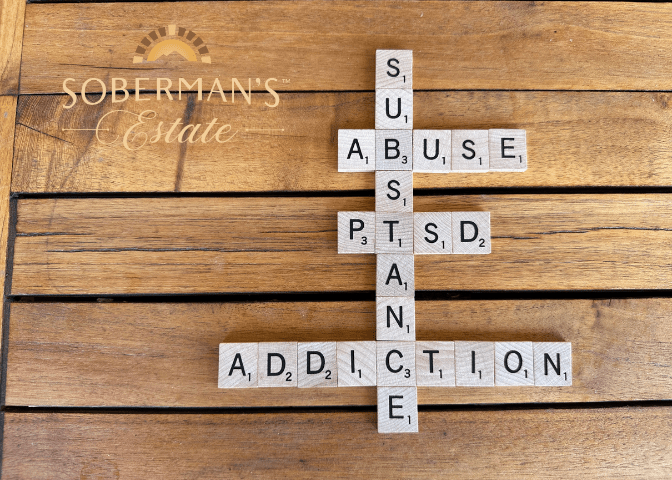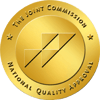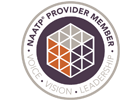PTSD (post-traumatic stress disorder) and CPTSD (complex post-traumatic stress disorder) are mental health conditions that can result from a wide range of traumatic events. While commonly associated with veterans, police officers, firefighters, and first responders, PTSD also affects individuals who have experienced abandonment, neglect, racism, childhood trauma, verbal, and emotional abuse, among other traumatic experiences.
The Link Between PTSD and Substance Abuse
June is PTSD Awareness Month, a time dedicated to raising awareness and understanding about PTSD and its impact on the lives of those affected. One critical aspect to consider is the connection between PTSD and substance abuse. Research shows that individuals with PTSD are more likely to develop substance use disorders (SUDs) than those without PTSD, with approximately 50% of individuals with PTSD also struggling with SUDs. This connection can be attributed to several factors:
- Self-medication: Many people with PTSD use drugs or alcohol to cope with their symptoms, such as anxiety, depression, and sleep disturbances. This self-medication can often lead to addiction over time.
- Shared risk factors: PTSD and SUDs have common risk factors, such as a history of trauma, childhood abuse, or neglect. These factors can contribute to the development of both conditions.
- Neurobiological links: Traumatic experiences can alter brain chemistry, making individuals more susceptible to addiction.
Recognizing the Signs of PTSD and Offering Support
Identifying the symptoms of PTSD in your loved ones or friends can be challenging. Some possible signs include continuous nightmares, difficulty sleeping, recurring flashbacks of disturbing images, stress caused by past events or trauma, excessive mood swings, and withdrawal from activities, among others. If you recognize these symptoms in someone you care about, encourage them to seek professional assistance from a licensed therapist or counselor.
As you support someone with PTSD, it is essential to educate yourself on trauma and avoid saying things that may trigger an undesirable reaction. Instead, be compassionate, listen to them, and ask how you can support them without trying to "fix" anything or advise them on what to do. If they are ready to seek help, assist them in finding the right therapist or counselor. And if the person shows any suicidal thoughts or makes harmful threats towards themselves or others, please call the National Suicide Prevention Hotline at 1-800-273-8255.
Resources for Support and Recovery
Numerous resources are available to help those struggling with PTSD and substance abuse:
- National Center for PTSD (https://www.ptsd.va.gov/): Offers comprehensive information on PTSD, including symptoms, treatments, and self-help tools.
- Substance Abuse and Mental Health Services Administration (SAMHSA) (https://www.samhsa.gov/): Provides information on substance abuse and mental health issues, including treatment options and recovery resources.
- National Institute on Drug Abuse (NIDA) (https://www.drugabuse.gov/): Supplies science-based information on drug abuse and addiction, including prevention, treatment, and recovery resources.
- National Alliance on Mental Illness (NAMI) (https://www.nami.org/): Offers support, advocacy, and education for individuals and families affected by mental health conditions, including PTSD and substance abuse.
- Sobermans’s Estate (https://www.sobermansestate.com): Our residential treatment center provides comprehensive, evidence-based care for individuals struggling with PTSD and substance abuse.
Soberman's Estate is a residential men's addiction treatment center that provides discreet, individualized, sophisticated recovery and wellness services for adult men that want to recover from substance use disorders, and or other behavioral issues such as trauma, anxiety, depression, stress, or other addictions.





